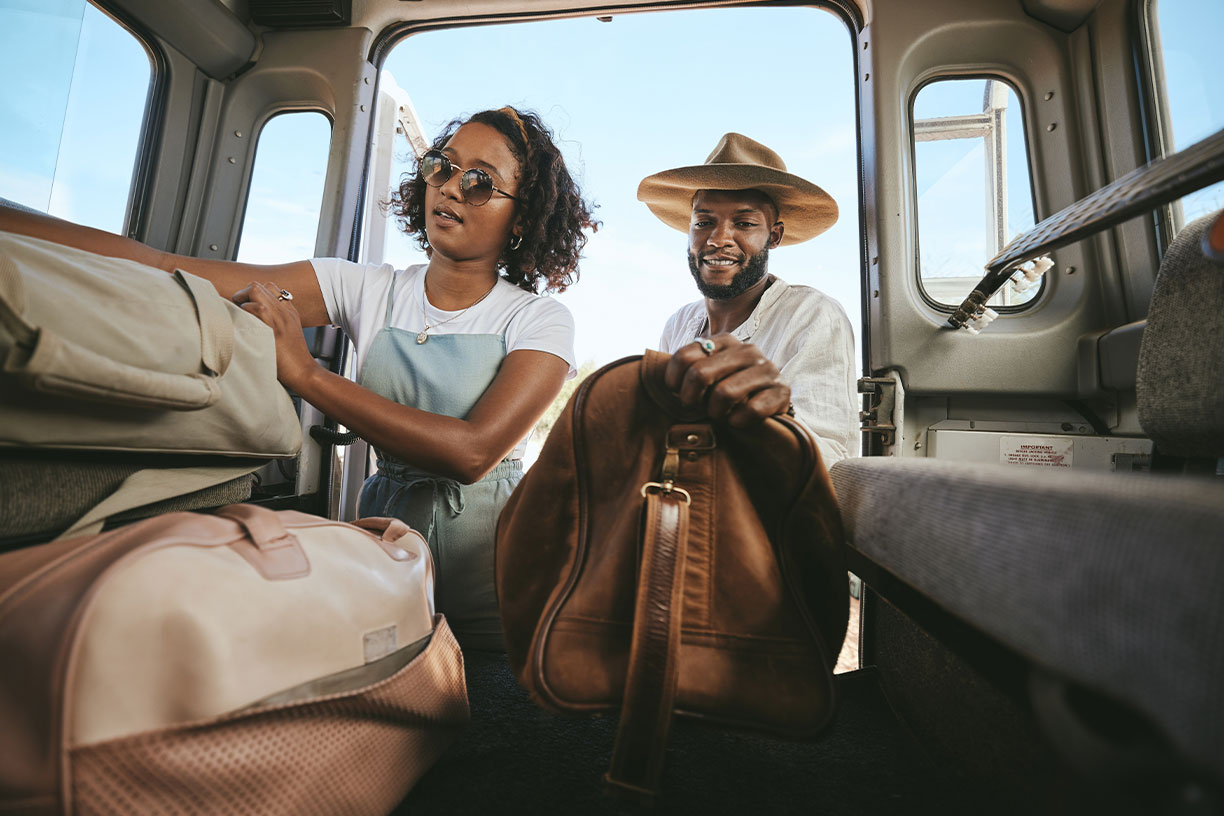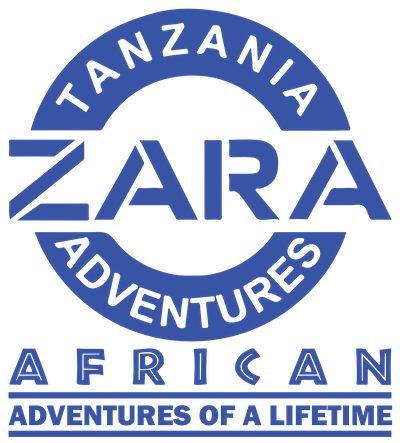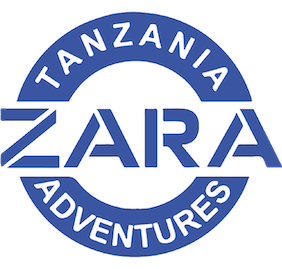

The number one Tour Operator in Tanzania
The number one Tour Operator in Tanzania





Is it hard to climb Mount Kilimanjaro
Many people have said “Kilimanjaro is the hardest thing I’ve ever done especially the summit night and then gone on to do it again. We’ve yet to meet someone who thinks it’s “easy”, but it always depends on what you’re comparing with.
To climb Mount Kilimanjaro is a challenge and if you’re new to trekking, camping, living outdoors, or high altitude then you may find it tough – however the specific challenges are mainly due to the altitude, your attitude and fitness but with the correct preparation and a good guide team, then the vast majority of people will successfully summit.
A common question we get asked most of the time, And we see the question is it hard to climb Mount Kilimanjaro? is a very tough one to answer! But There are a few factors to consider that affect whether Kilimanjaro is hard or not and what you can decide about that….
PSYCHOLOGICAL PREPARATION
STAY POSTIVE!
A lot of people said that it’s all about physical fitness when it comes to climb Mount Kilimanjaro. But just as important is your mental toughness. Some people don’t know just how mentally tough they are until they meet a challenge.
The long days on the trail, being far away from home, sleeping in tents, hiking in cold, rugged conditions all of these aspects can contribute to the emotional or mental or psychological- difficulty of the climb. Particularly on summit night, the long, hard, uphill slog can feel interminable and it’s your mental resilience that keeps you going. So that you have to remember that Kilimanjaro can be as much mental, emotional and psychological challenge as physical one. So take it to me more mental fitness is more needed than physical.
Let me tell you a thing – you have to remember why you want to climb Kilimanjaro. What brought you to Tanzania/Africa to climb Kilimanjaro? Your own personal reasons for making this trip can be a great source of inspiration when things are getting tough.
TEMPERATURE AND WEATHER
Another thing that can make Kilimanjaro difficult is weather condition Mountains are doubtfully unpredictable, but certain times of year are better than others, from the point of view of rain. see Best Time and Month to Climb Kilimanjaro that we have showed in the first articles. It’s cold. Very cold. As you get higher up, the temperature drops significantly at night. If you know you suffer from the cold, you’ll need to be prepared, and have the right gear with you. The wrong gear can make your life on the mountain much more difficult. Have a look at our Packing guide for Kilimanjaro
ALTITTUDE ON KILIMANJARO
One of the things that make a Kilimanjaro climb really hard is the fact that you ascent to an extremely high altitude. The higher you climb, the harder it is to breathe, as our lungs can’t access as much oxygen as usual. This makes exercise especially taxing.
Decreased oxygen intake can cause some unpleasant symptoms like poor sleep, dizziness, nausea and headaches. These symptoms don’t necessarily mean you’re sick – just that your body is having a tough time adapting. Most folks who climb Kilimanjaro experience one or more of these symptoms, and it’s important to be mentally prepared for these battles. Such discomforts make a Kilimanjaro climb that much harder, as you’re not at your best but must still engage with a really tough upwards climb. Always walk as slowly as you can. If that sounds a bit counter-intuitive, you’ll find your guide often repeating “Pole pole” which means “slowly slowly” in Swahili. By keeping a very slow pace, you’ll conserve your energy, you won’t exhaust yourself, and you’ll give yourself the best chance of adequate acclimatization! It’s not a race, folks…You can also consider taking Diamox, to help with acclimatization. You’ll need a prescription from your doctor for it.
CAMPING AND SLEEPING
If you are only used to being able to sleep on your own comfortable bed, then you may find camping and sleeping on Kilimanjaro a bit hard the first time. Because of that, you have to be mentally prepared (Unless you hike the Marangu route, in which case you’ll stay in communal huts.) This is a decent bit of time to be ducking in and out of tents and tripping on guy ropes. But the main challenge for most is the sparing facilities for hygiene purposes. Unless you travel with a luxury operator, you’re not going to shower on Kilimanjaro. Instead, you’re going to have a bucket of water you can use for some strategic ‘washy washy’. We recommend that you also pack some wet wipes for further efforts inside of your tent. And don’t, of course, forget to bring a hardworking deo. We’ve met people who were very worried about how hard it would be to sleep in a tent and camp. Often, by the end of the climb, they say how much they will miss it when they get home!
TEAM GUIDE
Making sure the guide you are with is knowledgeable, experienced, and trained in high-altitude medicine can mean the difference between a successful, safe summit, and an early descent with altitude sickness. Having confidence in your guide is extremely important and can remove some of the mental strain of worrying about how you are coping with the altitude. Being able to tell your guide any symptoms you experience, and having medical check-ups daily can help you to feel more confident about pushing forwards, even on days when it’s feeling a bit “too hard”. In addition to this, going with a group can be a wonderful way of sharing the experience, and while it won’t make it any less physically tough, it can make it less emotionally tough!
BE CAREFUL WITH YOUR HEALTH
It is obvious that if you have a health problem or injury that makes you walking harder or carrying a pack is difficult it will make you feel bad all the trip and you may find it harder than others. So your doctor will be able to advice you that whether you are in good enough or not to dealate Kilimanjaro.
In addition to this, keeping yourself healthy on the trail is important. Making sure you maintain good hygiene especially before meals to ensure you don’t get any tummy trouble And of course ensuring that the company you climb with is meticulous in their food preparation hygiene! you can read more on Food and water on Kilimanjaro
FOOD AND DRINKS ON KILIMANJARO
If you don’t be hydrated it will be very difficult for you to climb Kilimanjaro. It will affect your ability to acclimatize and to recover from a hard day on the trail. You’ll want to drink a lot of water and if you find it hard, You’ll be burning a lot of calories so you’ll need to replace them! Making sure you eat enough will help you with your energy levels throughout the day, as well as help you recover from the strenuous exercise. Bring some of your favorite energy bars or snacks from home, as altitude can affect your appetite, so some tasty treats might tempt you to eat, even if you’re not too hungry.
MOUNTAIN GEARS
Make sure you choose your company wisely, so you’re confident that all gear is well maintained which means you ere confident that all equipment well maintained Having proper technical training and being in excellent physical shape are critical to a successful mountaineering experience. But, before you head out on your first mountaineering trip, you need to be sure you’re equipped with the right gear and clothing. Items such as mountaineering boots, crampons, a climbing helmet and an ice axe are standard items for almost every mountaineering climb. For trips that take you onto glaciers, you’ll need a rope, harness and crevasse rescue equipment to protect against crevasse falls. But, many mountaineering trips require at least a night or two of camping, in which case you’ll need a tent, sleeping bag, sleeping pad and stove.
Make sure you choose a team that has the correct acclimatization, professional guides, support, pacing, tents, safety equipment and food to give you a better overall experience. Our team is award winning in Kilimanjaro and the best Kilimanjaro mountain award our head guide was named the Guide of the Year! We have the team both before your trip and on the mountain that will give you the best guidance and support to make your goals a reality!